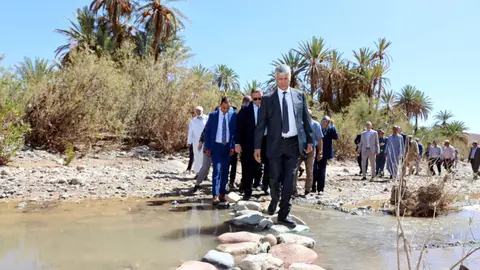Moroccan government will provide financial support to those affected by the floods in the southeast

The recent floods have wreaked havoc in the southeastern regions of Morocco. Efforts to rehabilitate roads, communication networks, electricity and drinking water are crucial in the first months.
In response to this situation, the Moroccan government has granted financial aid of 80,000 dirhams and 140,000 dirhams to repair 1,121 houses that collapsed. These resources will be deposited in the National Fund.
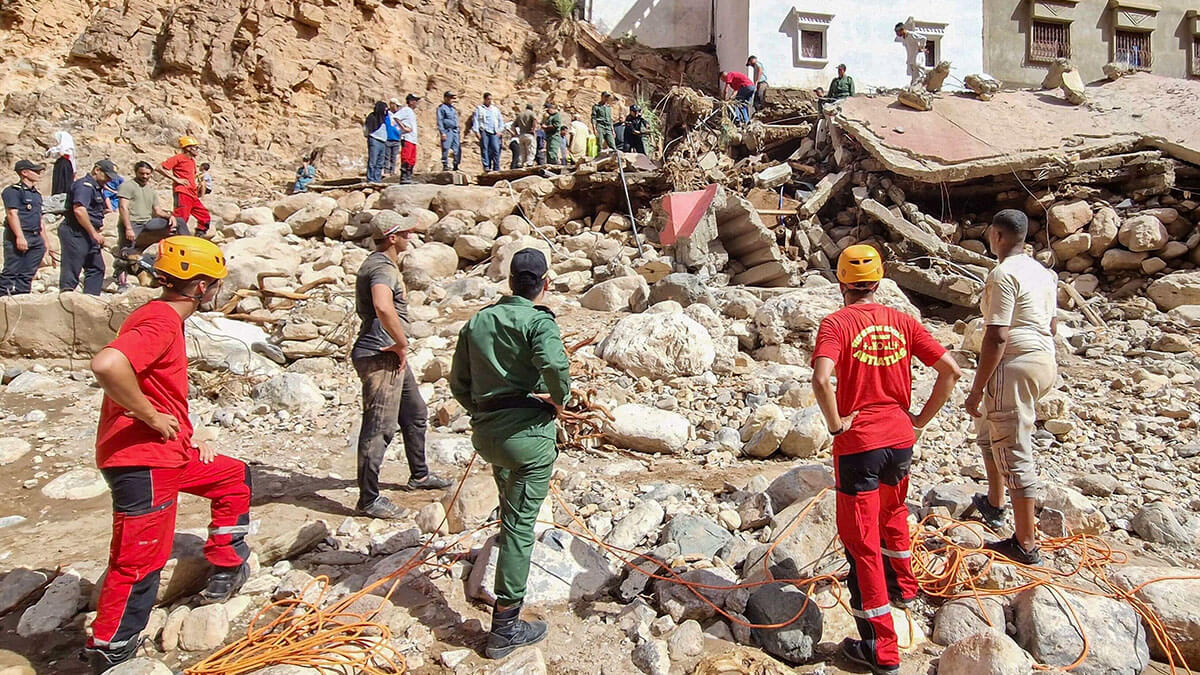
This aid plan is part of the Moroccan king's order to the Moroccan government to launch a programme to rebuild areas damaged by heavy rains in several provinces in the southeast of the country, with a budget of 2.5 billion dirhams.
Moroccan Prime Minister Aziz Akhannouch said the aid to combat the damage caused by last month's torrential rains showed the great concern of the government and King Mohammed VI.
At the first meeting of the committee, led by the head of government, it was announced that the first package of subsidies will go towards the rehabilitation of houses that were totally or partially destroyed.
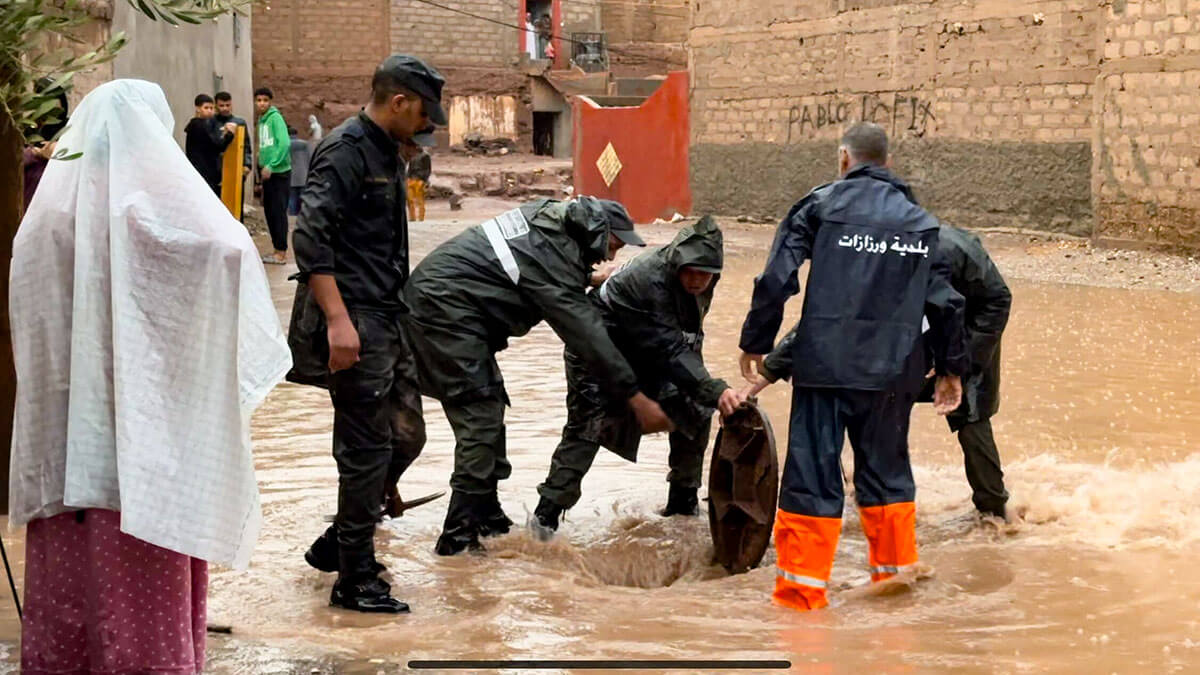
According to estimates by the executive and security forces, the total number of houses affected is 1,121, of which 1 in 4 (269 houses) were completely destroyed. The programme will also support the affected areas by repairing the more than 100 damaged road sections, power lines, access to drinking water and sanitation of communal areas and agricultural fields.
The latter will be given extra help to repair irrigation systems and to repair land muddy by the mud and mud washed away by the rains. The same situation applies to livestock farmers who suffered material damage to their infrastructure and buildings.
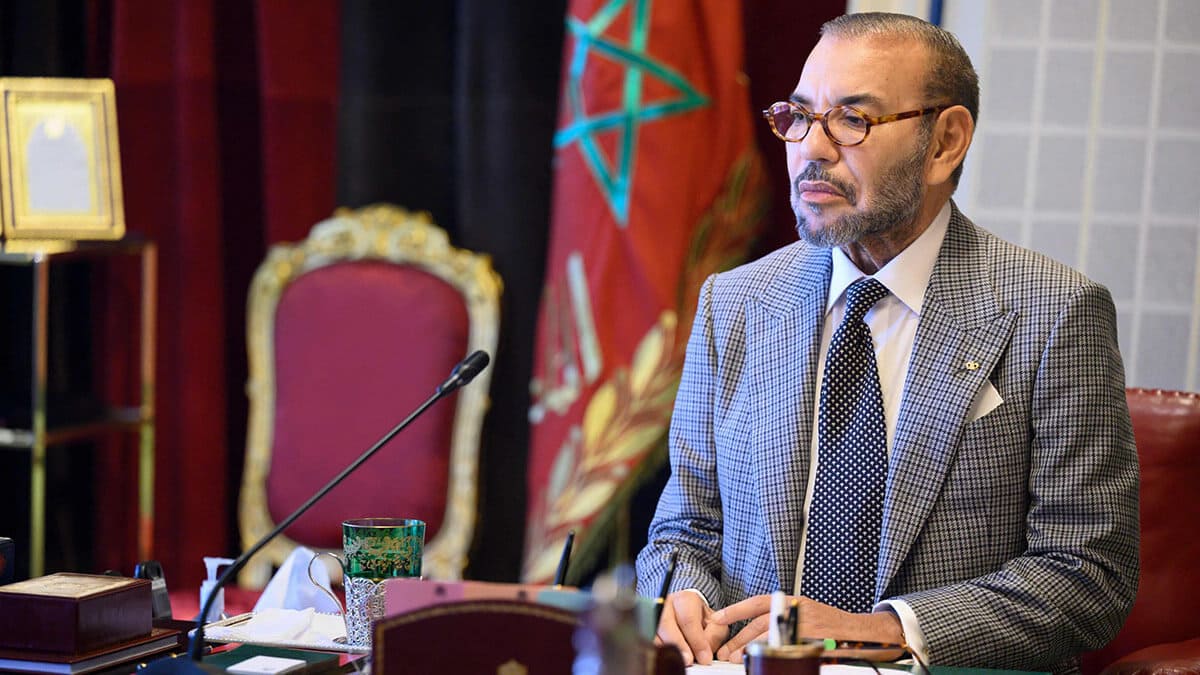
The meeting was attended by Abdelouafi Laftit, Minister of the Interior, Nadia Fettah, Minister of Economy and Finance, Nizar Baraka, Minister of Equipment and Water, Fatima Ezzahra El Mansouri, Minister of National Territorial Planning, Urban Planning, Housing and Urban Policy, Mohamed Sadiki, Minister of Agriculture, Maritime Fisheries, Rural Development and Water and Forestry, Fouzi Lekjaa, Minister Delegate to the Minister of Economy and Finance, in charge of the Budget, and Mustafa Baytas, Minister Delegate to the Head of Government in charge of Relations with Parliament and Government Spokesperson.
So far, the aid has been granted by the local administrations until their approval, with the aim of showing support from the outset, as confirmed by the government spokesperson, Mustafa Baytas.
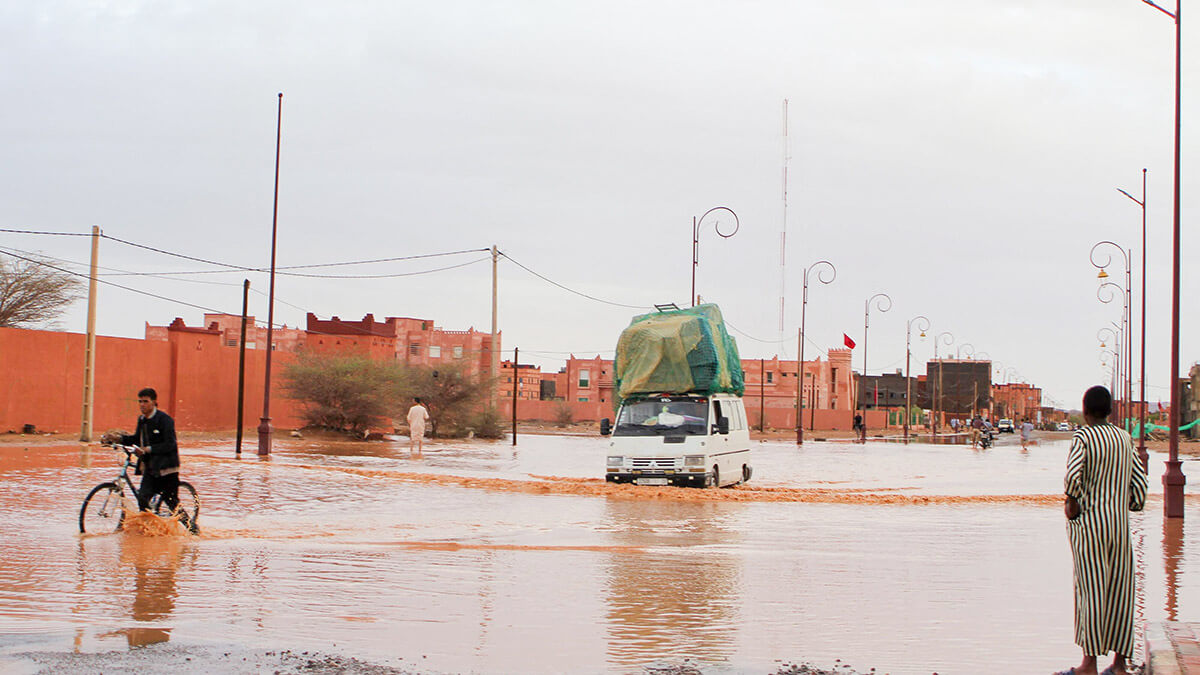
At the same time, the Civil Coalition for the Mountains affirmed that the authorities' efforts to rescue those affected were successful. The coalition believes that it is necessary to activate the disaster insurance fund to help those affected who do not have insurance, and also to prepare long-term programmes to guarantee effective aid.
Institutions such as the Ifos Forum for Democracy and Human Rights in Batata thanked the government for allocating 2.5 billion dirhams to help flood-affected areas. However, they pointed out that this amount will not be enough to cover all the losses, although it is the first package of measures that will be reviewed when it is finalised with a further extension.
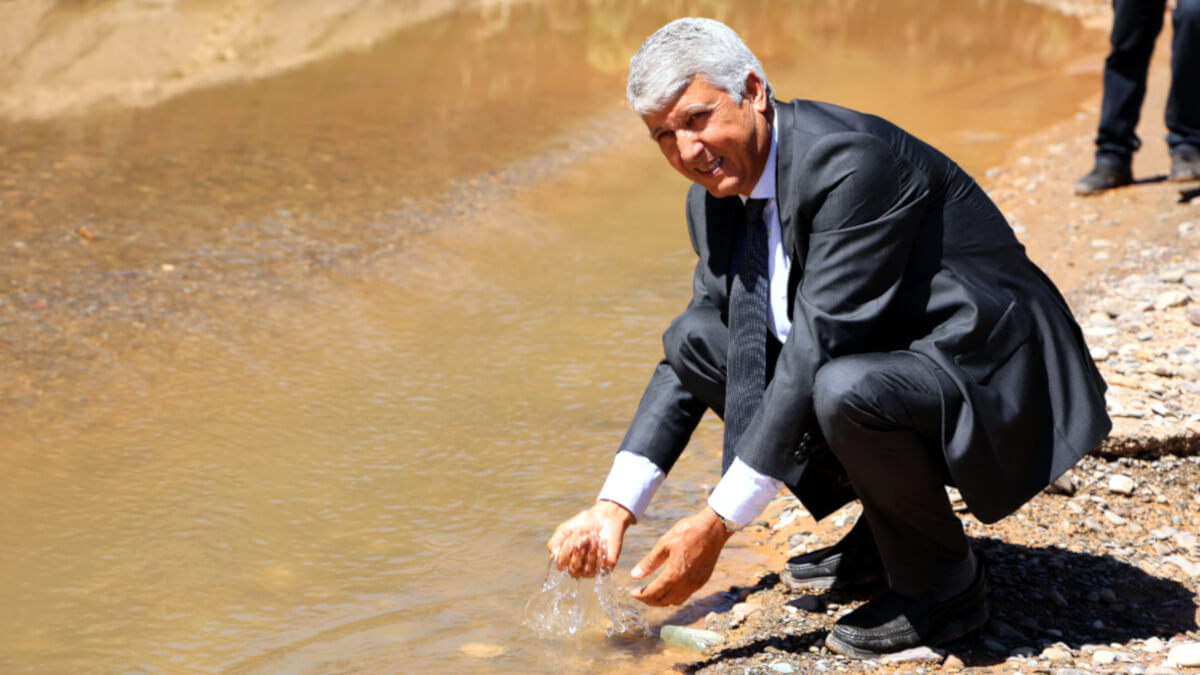
Nevertheless, the forum called on the government to oversee the rehabilitation of oases and compensate farmers, due to the importance of oases in irrigation systems. A damaged oasis can make the water unusable because it may contain substances that do not allow the sale of cultivated products.
In addition, the importance of implementing programmes to develop flood-affected regions that have been neglected for a long time was mentioned, with the aim of improving the economic and social stability of families. In response to this situation, the executive implemented insurance against natural disasters in the legislation.
Morocco introduced insurance against natural disasters due to the frequent catastrophic events that have caused great human and material losses in recent years.
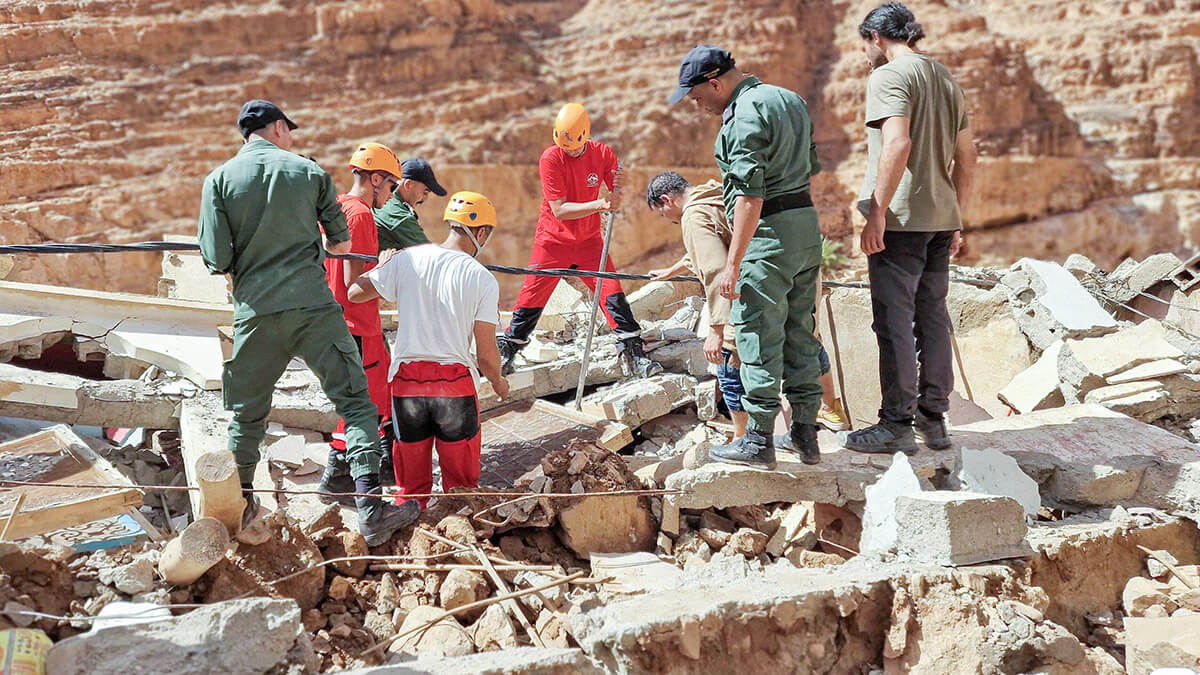
This has been exacerbated in the past year by several large-scale natural disasters, such as last year's earthquakes between 8 and 14 September in Al-Haouz that claimed the lives of more than 2,900 people, or last month's floods in the southeast of the country that killed 198 people.
According to the law, victims of these events must be registered in order to be eligible for compensation. To speed up the process, the legislators asked the government for a report on the damages caused by the floods, and a detailed report on the actions to be taken to repair them within the established timeframe.


